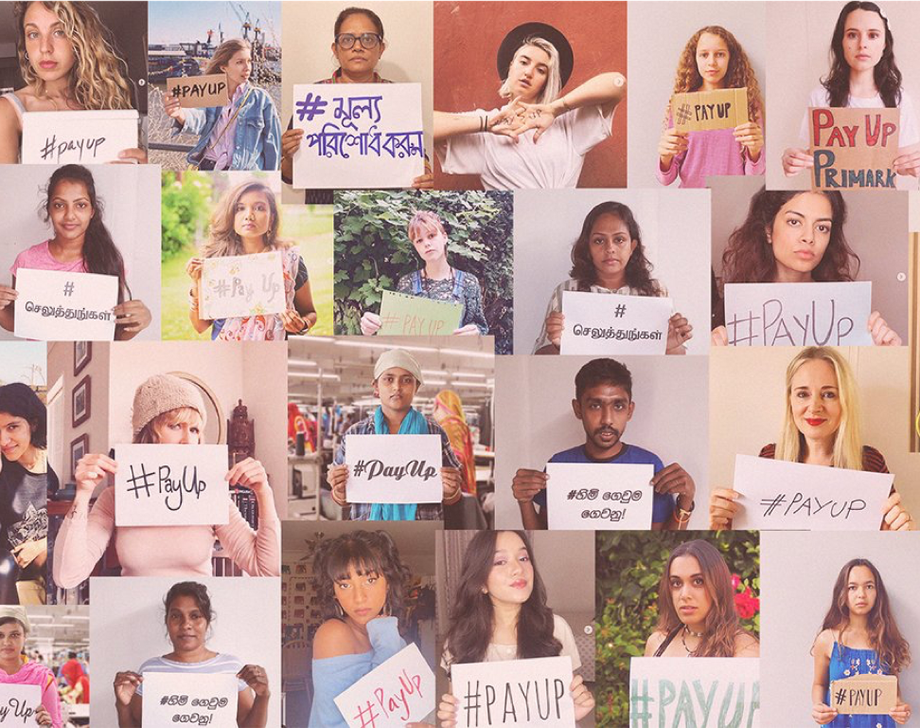The Pay Up campaign tells how, despite the return to profit in 2021 after the Covid-19 crisis, many brands are still refusing to pay wages
In the first months of 2020, as the knock-on effects of Covid-19 were catapulting the global fashion industry into free-fall, dozens of mass-market apparel and footwear brands made a catastrophic decision: They canceled an estimated $40 billion worth of orders that, in many cases, were already in the works or had been completed and shipped.
In the current supply chain, OEM factories front huge costs for fabric and wages, and only months later they are reimbursed by the brands. Thus, by canceling the orders, brands were refusing to compensate for countless hours of completed work. As a consequence, over a million apparel, leather and footwear workers — the majority of whom are women, many are single mothers — were immediately laid off or fired, many without pay, and plunged into a grave economic crisis with zero financial support. Canceled orders impacted almost all supplier countries, from Bangladesh to Myanmar to Cambodia, Vietnam, the U.S., and beyond, and triggered a corresponding increase in hunger and food insecurity, union-busting, and gender-based violence that is still unfolding, two years later.
Over the summer of 2020, the #PayUp campaign went viral. Hundred of thousands of citizens around the world began using the #PayUp tag on social media.
In the two years since #PayUp started, it has helped to recoup approximately $22 billion in money owed to OEM garment, leather and footwear factories and workers from 25 major fashion brands and grown into a global movement for brand accountability.


